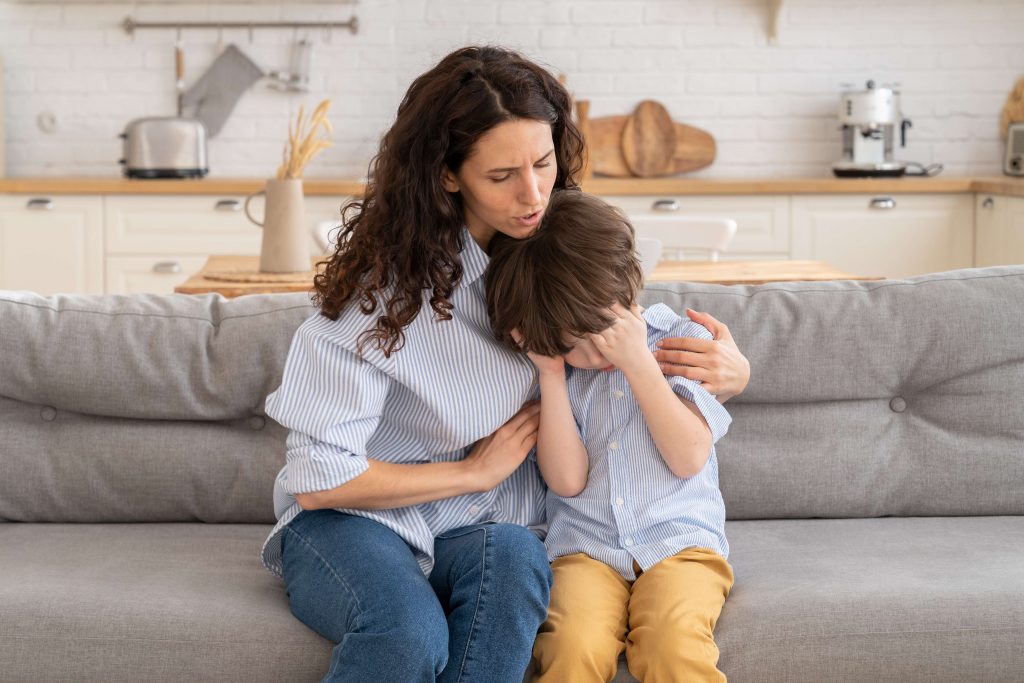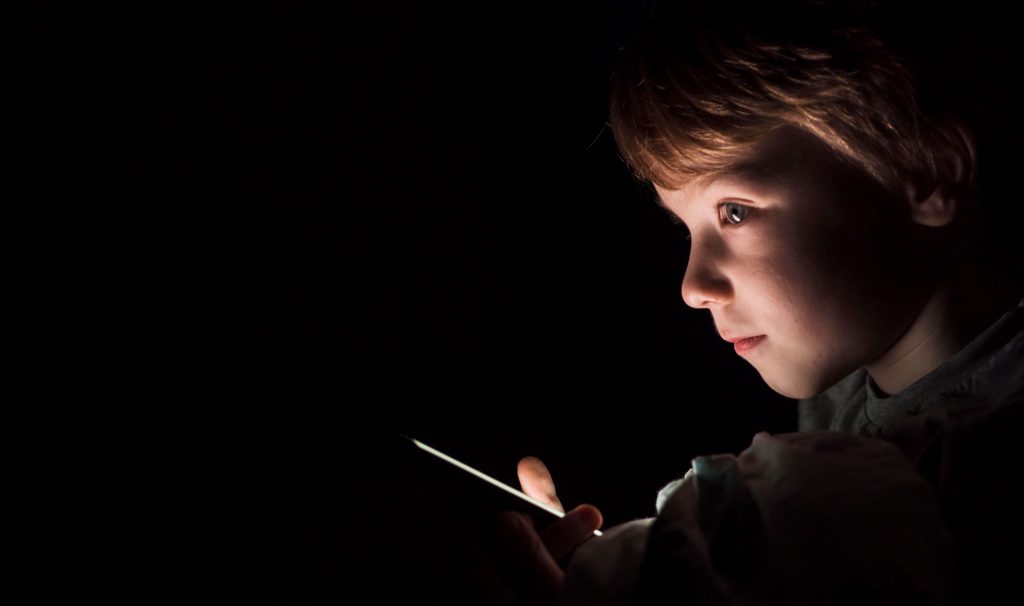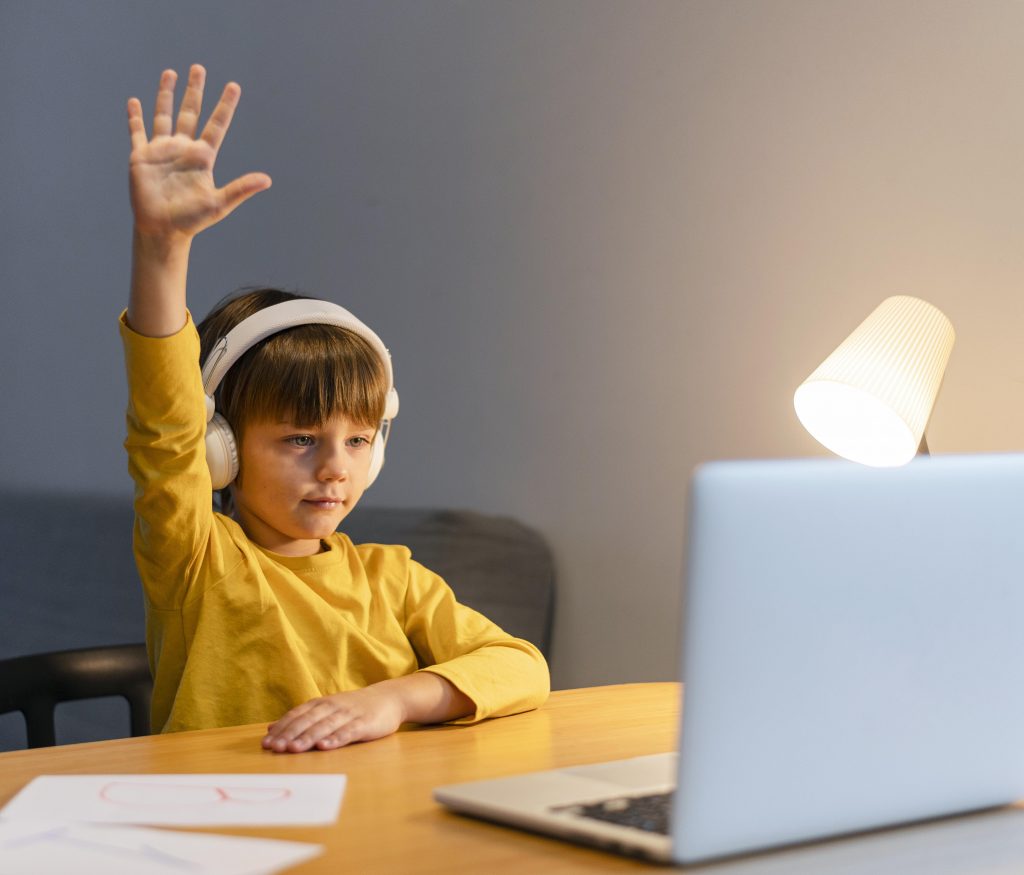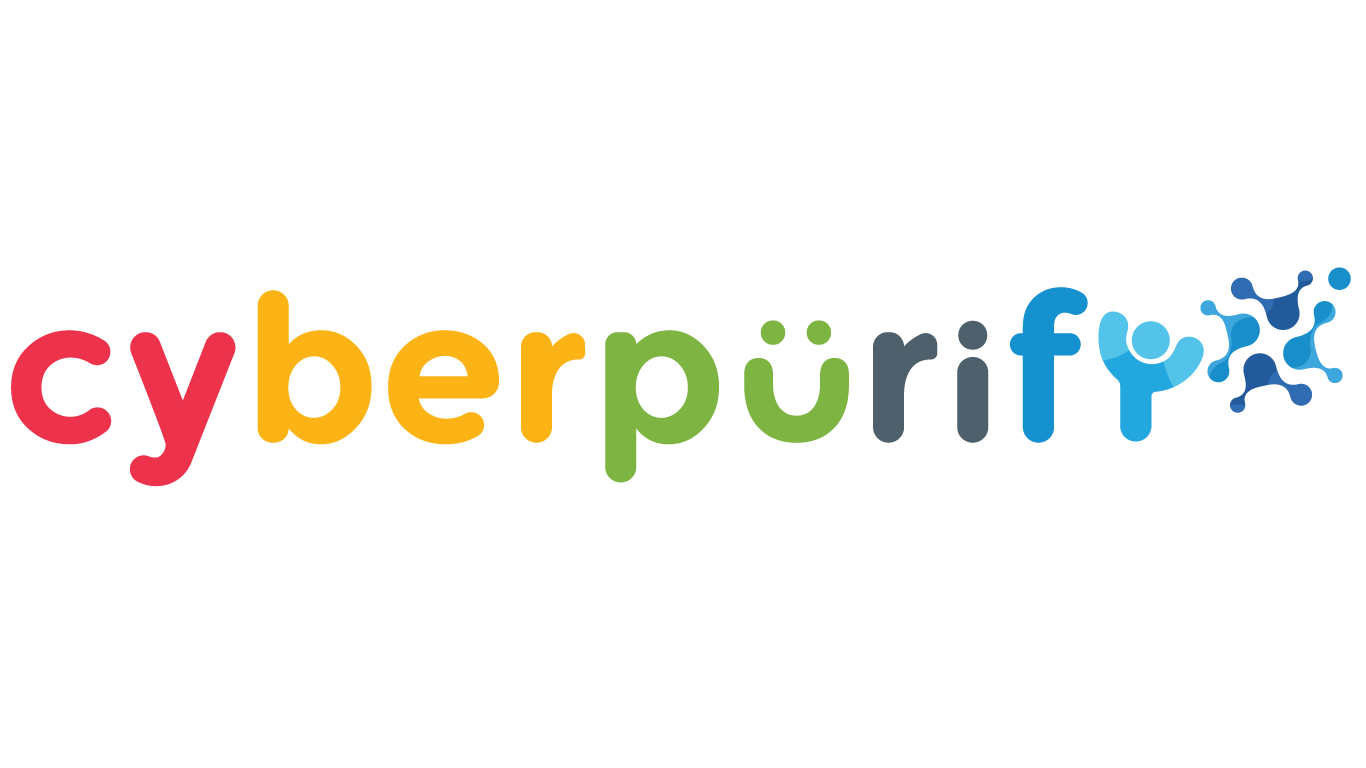With the current stressful epidemic situation, online learning is almost a must for any school-age child to accept. Being constantly at home and being dependent on Internet-connected devices causes many risks for children and risks for them.
Those are extremely serious risks that parents need to update immediately to take timely measures to protect their children from the dangers that are lurking for them.
The article will help you better understand TOP 4 risks of online learning that are targeting your children.
TOP 4 risks of online learning that are targeting your children
Too much screen time
The COVID-19 pandemic has led to an unprecedented increase in the amount of time a device is connected to the Internet. School closures and strict containment measures mean that more and more families are relying on technology and digital solutions to keep children learning, entertained, and connected to the outside world.
However, not all children have the knowledge, skills, and resources needed to keep themselves safe online.
Besides the predictable harms caused by the need to use Internet devices too much such as obesity due to physical inactivity, eye pain, etc. It’s also a risk that children seek out what’s cool and interesting, and pornography is one of those things that can bring enjoyment to children.


Besides pornography, excessive use of internet devices also puts children at high risk of being sexually harassed online by strangers who may entice them to send nudity or risk of cyberbullying and many other risks.
These harmful effects are not only related to the physical aspects of the child, but also to the mental aspect.
Access to harmful content
Depending on Internet-connected devices for online learning and entertainment easily leads to a high risk of children accessing harmful content on the Internet. This can be explained by many reasons.
The first is that pornography is so pervasive online that they appear not only on the dark web but also on sites that don’t involve pornography in the form of pop-up ads.


In addition, many cases show that staying at home often and not going out, not being able to meet friends and acquaintances makes children feel bored, stressed, and therefore want to try to find out what something cool, new or easily influenced by friends saying “You should watch this, it’s really cool” and so they will easily fall prey to pornography.
If parents do not recognize it in time, children will be at greater risk of becoming addicted to watching pornography than ever before. Once addicted, there is a very high risk that children will skip school online to watch porn, as will be further analyzed in the next section.
Find this helpful? You also love these:
Skip online class for …
A true story of a parent recently shows how high risk children are exposed to and addicted to watching pornography happens when they often have to study online.
The incident happened when she suddenly entered the room to give her baby a glass of milk, only to see an image of a naked girl on the computer screen. After a few conversations, she discovered that her children often skip online class by sneaking out of class to watch pornographic clips with friends and talk about it with friends afterward.
During the previous epidemic breaks, she also studied online with her children a few times and thought that she could be self-disciplined and proactive, so she confidently handed over the laptop to her child without thinking much.


Risks of sexting
The lack of face-to-face contact with friends due to being at home while learning online puts children at a very high risk of engaging in risky behaviors such as taking nude or semi-nude body pictures and sending it to their friends.
In some more serious cases, children even make friends with strangers online, flirt with each other, chat sex, send them sensitive pictures – someone they have never met outside.
During the pandemic, according to research, child support organizations receive a lot of feedback from parents about their children receiving sexually harassing messages through social networks, online communities, and even is an online games.


According to a report from the National Center for Missing and Exploited Children (NCMEC), from January to the end of September 2020, online enticement reports increased by 98.66%, and CyberTipline reports increased by 63.31% year-on-year in 2019. CyberTipline is the place where Internet users report materials related to child sexual abuse (CSAM).
Although the NCMEC was not able to directly determine whether COVID-19 was the cause of this spike, it is clear that there is a strong correlation between children and adolescents staying at home and online enticement reports.
In addition, according to NCMEC, there is a lot of child pornography and this content is being shared and spread more and more by adults through chat groups and social networks.
What should parents do to enhance Internet safety for kids?
- Continually have positive conversations: You should have an open dialogue with children about how and to whom sexual harassers reach and communicate online, about why they are targeting your child, why can’t you trust them, and explain clearly that what you send them will stay forever on the Internet even if you delete it.
- Make fun physical activities: To eliminate feelings of boredom and inactivity, you can exercise with your child, or exercise combined with lessons such as doing yoga while counting numbers, cooking together with your child, etc.
- Keep an eye out for psychological signs of abnormality: You should be on the lookout for signs of distress in children that may appear related to their online activity such as your child being bullied online. Or someone forced them to send nude photos.


- To ensure your child’s online environment is safe and healthier, you should consider using an additional online content filtering tool – considered by many parents as one of the best free parental control software to hide 15 types of harmful content on the Internet, including:
- Pornography
- Horrifying content like gore, accidents, ghosts, violence, murder, terrorism, etc
- Content about stimulants, addictive substances such as alcohol, beer, marijuana, drugs, etc
- Content with aggressive elements, hurting others like Hate speech
This free porn blocker extension can help to minimize your child’s access to harmful content, ensuring a healthy online environment for your child but at the same time, not invading their privacy rights.

- Teach your kids digital skills
Because criminals are so ubiquitous on social media, they communicate and talk to minors in a variety of ways, so you need to help them understand that attackers can be anyone, any profession, so they should not talk to strangers online.
One tip to keep kids safe online during covid: Teaching your child real-life skills will never be enough, to better protect your child, especially when both you and your child depend (a lot) on the Internet, you need to teach your child soft skills in the digital age, helping them better protect themselves and become a responsible citizen of the Internet. We also have internet safety tips for parents.
- Wise modern parents are always proactive in bringing the best for their children. To better protect your child from all porn sites, for all internet-connected devices your child use, you should pre-order Wifi Device, becoming the first parents to own the solution which 24/7 protects your kids from harmful websites. Best prices are always available for early birds!
Find this helpful? You also love these:















